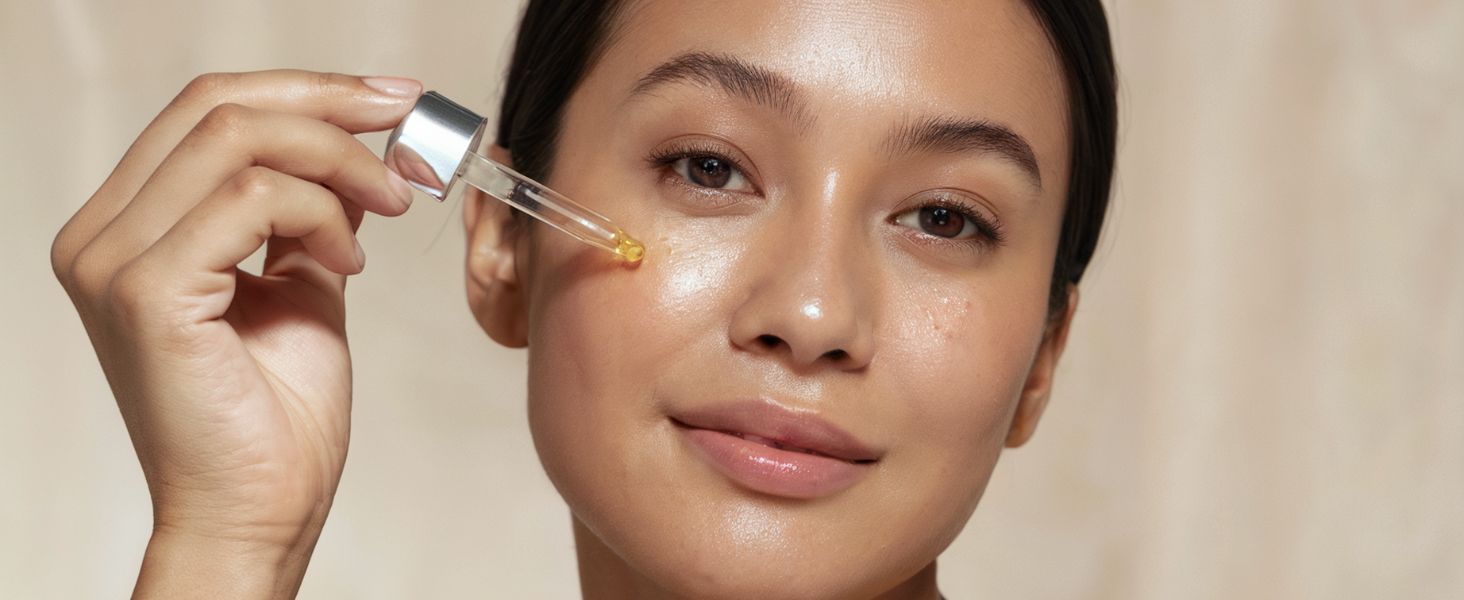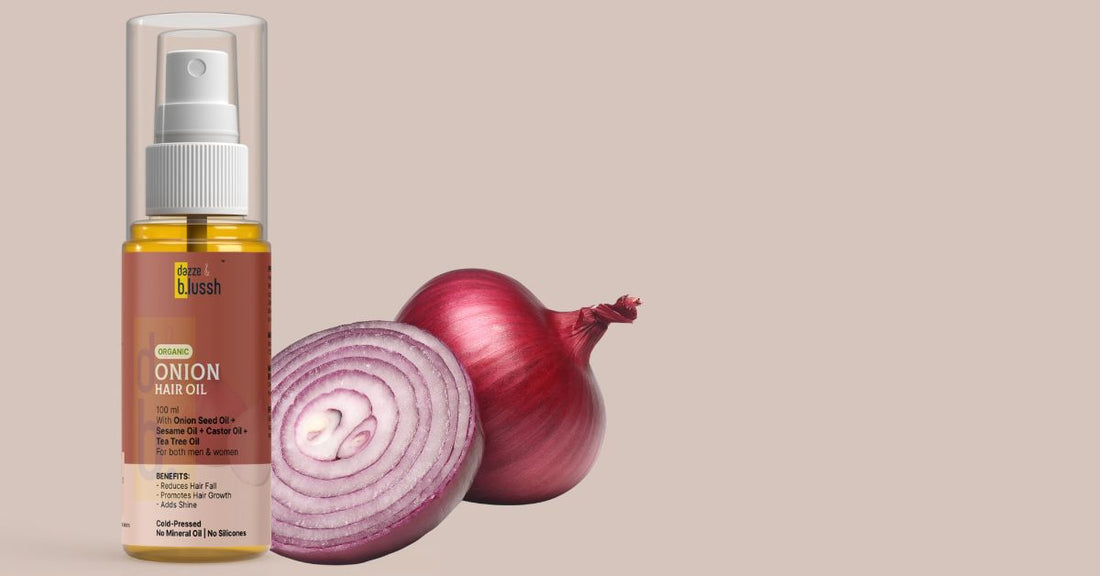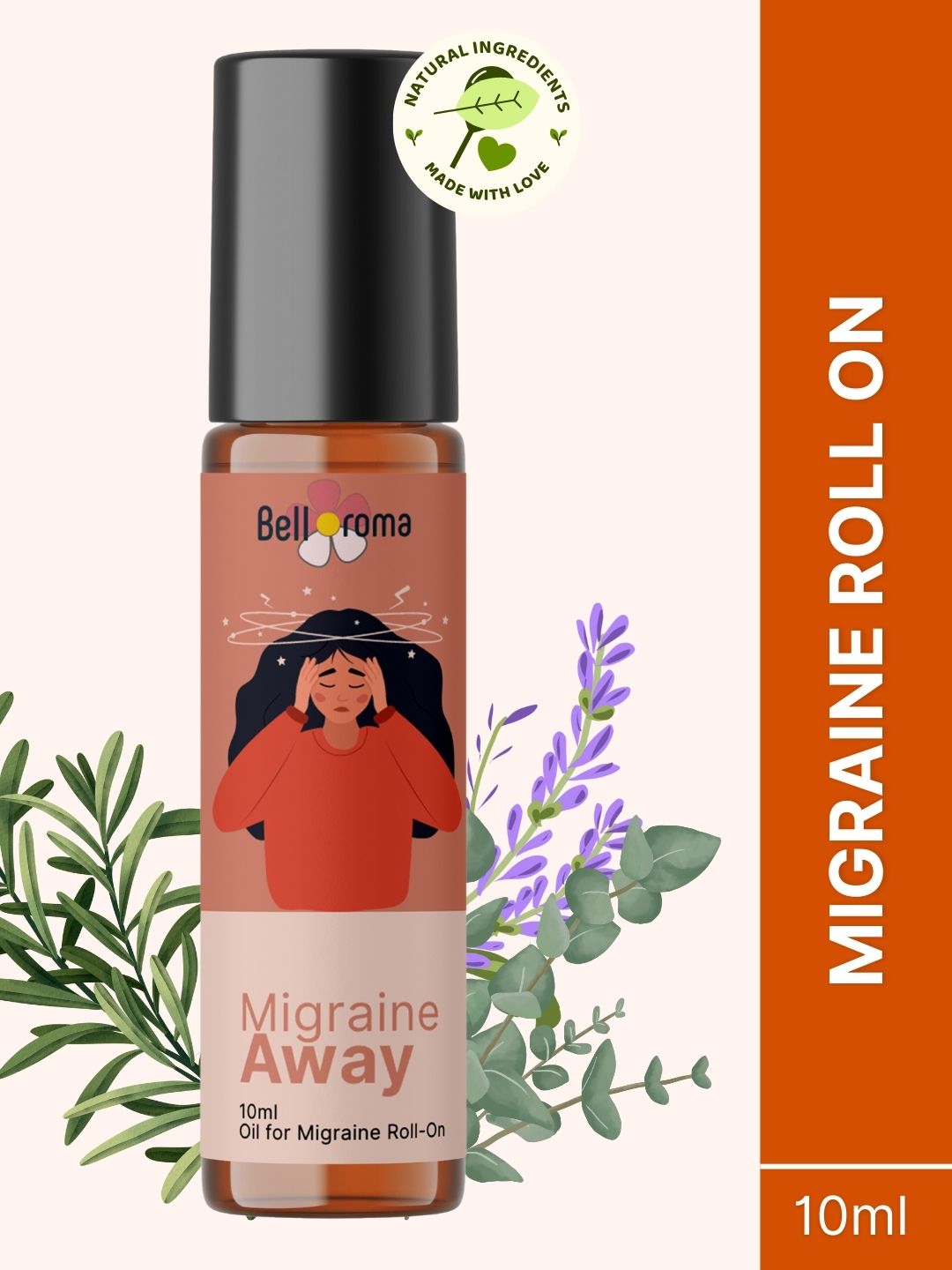Top Benefits of Face Oil
Face oils have become a beloved staple in skin care routines, offering numerous benefits for achieving healthy, glowing skin. The advantages of incorporating face oil into your regimen are significant. Not only do they provide deep hydration, but they also nourish the skin with essential vitamins and fatty acids. In this article, we will explore the top benefits of face oil, especially plant-based ones, for enhancing your skin's health and appearance.
Understanding Face Oils
What are Face Oils?
Face oils are concentrated formulations made from natural plant-based oils. They are designed to hydrate the skin deeply, lock in moisture, and provide nourishment. Unlike traditional moisturizers, face oils are primarily oil-based, which allows them to penetrate the skin barrier effectively. This unique property makes them exceptionally suitable for all skin types, including oily and combination skin, which can often feel neglected in hydration routines.
The Difference Between Face Oils and Moisturizers
While moisturizers are typically water-based and help to hydrate the skin superficially, face oils penetrate deeper and work to repair and nourish from within. They can be used in conjunction with moisturizers, often applied after to lock in hydration. The synergy of both can serve to enhance the effectiveness of your skincare routine, promoting healthier, more radiant skin.
Deep Hydration and Moisture Retention
Why Hydration is Essential
Hydration is crucial for maintaining skin elasticity and overall health. Many people struggle with dry skin, especially in harsh weather conditions. Face oils provide a rich source of fatty acids that help to restore the skin's natural moisture barrier, making them ideal for preventing water loss. This is especially important for maintaining the youthful appearance of your skin.
How Face Oils Seal in Moisture
When applied correctly, face oils create a protective layer on the skin that traps moisture and prevents it from evaporating. This locking mechanism allows your skin to absorb and retain hydration more effectively, resulting in a plump and dewy complexion. To maximize hydration, apply face oil on damp skin after cleansing and hydrating serums.
Nourishing Your Skin
Essential Nutrients in Face Oils
One of the major benefits of face oil is the diverse array of nutrients they provide. Rich in vitamins A, C, and E, as well as essential fatty acids, face oils nourish and rejuvenate the skin. For example, rosehip oil is known for its high vitamin C content, which helps to brighten the complexion and reduce the appearance of dark spots, while argan oil offers excellent moisturizing benefits.
Promoting Radiance with Natural Oils
Using a face oil daily can promote a radiant complexion. The antioxidants in these oils combat free radicals and environmental stressors that lead to skin fatigue and aging. Oils like jojoba and marula also help to balance oily skin while providing nourishment, making them suitable for various skin types looking to enhance their natural glow.
Anti-Aging Benefits
Combating Signs of Aging
As we age, our skin's oil production decreases, leading to dryness and the appearance of fine lines and wrinkles. Face oils are rich in antioxidants that fight against oxidative stress, a significant contributor to premature aging. By using oils that contain vitamins A and E, such as rosehip and argan oil, you can help restore your skin's youthful appearance by promoting collagen production and improving elasticity.
Reducing the Appearance of Fine Lines
Regular use of face oils can significantly diminish the visibility of fine lines. The nourishing ingredients found within these oils penetrate the skin, promoting cell turnover and restoring moisture. This process effectively plumps the skin, smoothing out imperfections and wrinkles, making face oils an essential addition to any anti-aging skincare routine.
Acne and Oily Skin Management
Rebalancing Oily Skin
Contrary to popular belief, face oils can benefit oily and acne-prone skin. When choosing the right formulation, such as non-comedogenic oils like jojoba and grapeseed oil, these products can help balance natural oil production. By providing moisture, oil signals to the skin that it doesn't need to produce excess oil, ultimately leading to fewer breakouts.
Soothing and Healing Properties
Many plant-based oils have anti-inflammatory properties that can calm acne flare-ups and irritation. For instance, tea tree oil has natural antibacterial properties that can prevent acne, while evening primrose oil may help soothe sensitive skin. Incorporating these oils into your regimen can foster clearer, healthier skin.
Easy Incorporation into Your Skincare Routine
How to Use Face Oils
Integrating face oils into your skincare routine is simple. Start with a clean, slightly damp face, apply a few drops to your fingertips, and gently press the oil into your skin. This method ensures better absorption and maximum benefit. You can layer it under your moisturizer or use it as a part of your nightly routine for enhanced moisture.
Finding the Right Face Oil for You
When selecting a face oil, consider your specific skin needs. There are numerous oils available, each with its unique properties. For example, if you're looking for hydration, opt for oils like argan or jojoba. For anti-aging benefits, consider rosehip or marula oil. Exploring various options will help you find the best fit for your skin type.
Conclusion
Face oils are a powerful ally in achieving healthy, glowing skin. The benefits of using face oil are extensive, including deep hydration, nourishment, and anti-aging properties. By incorporating plant-based oils like rosehip and argan into your skincare routine, you can effectively address various skin concerns and enhance your natural beauty. Don't hesitate to experience the transformative benefits of face oil for yourself. Consider trying products like Divine Drops Face Oil for Glowing Skin to elevate your skincare game.
Frequently Asked Questions (FAQ)
Can I use face oil if I have oily skin?
Yes, face oils can benefit oily skin by providing balanced hydration. Opt for non-comedogenic oils to avoid clogging pores.
How often should I use face oil?
For optimal results, incorporate face oil into your daily skincare routine, applying it once in the morning and/or once at night.
Are face oils suitable for sensitive skin?
Many face oils contain soothing properties, but it's essential to choose oils designed for sensitive skin and perform a patch test before full application.
What is the best way to apply face oil?
Apply face oil on damp skin for better absorption. Use a few drops on your fingers and gently press it into your face, neck, and décolletage.






